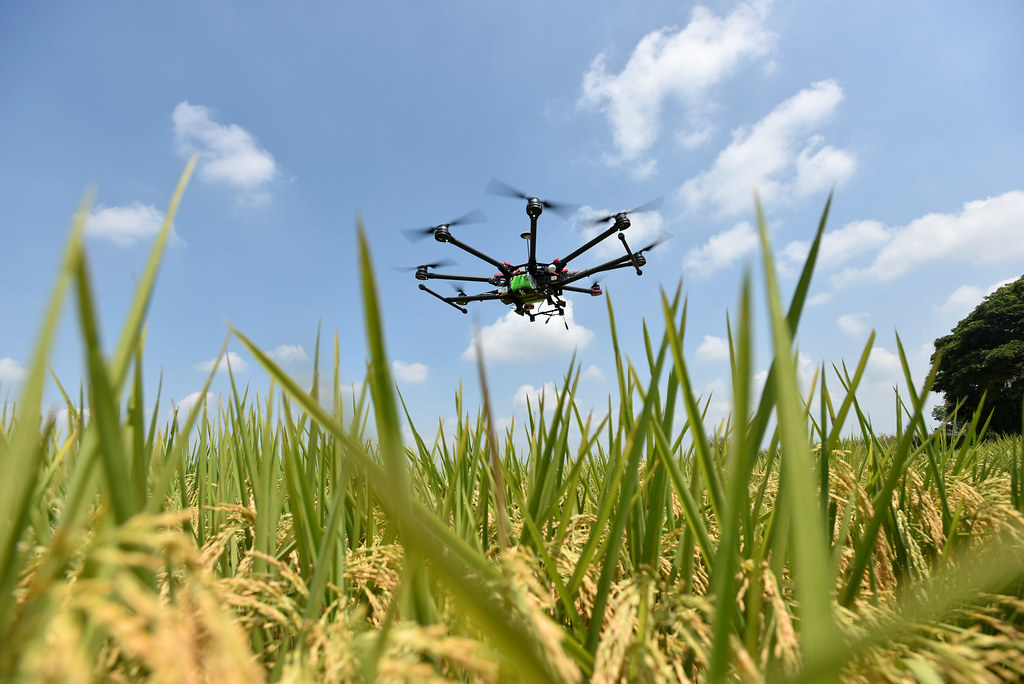-
RAAF
Contributing to the implementation of the Regional Agricultural Policy
RAAF Approach is essentially based on getting things done.
-
Thematics

Thematic areas
The implementation of the Regional Agricultural Policy (ECOWAP) is built around nine thematic areas.
-
Projects
- Renforcement des capacités pour la mise en œuvre de l’ECOWAP en Afrique de l’ouest
- At the end of PRAPS-1, which achieved significant progress in relation to most of the issues relating to animal health, sustainable management of rangelands and pastoral resources, livestock trade, and prevention and management of pastoral crises, the Wor
- Fruit flies are a major problem for the horticultural sector in West African countries. They destroy 50 to 80% of fruit production.
- The Global Climate Change Alliance Plus (GCCA+) is the second phase of an initiative of the same name launched by the European Commission in 2008
- West Africa is one of the most vulnerable regions in the world.
- Renforcement des capacités pour la mise en œuvre de l’ECOWAP en Afrique de l’ouest
- West Africa is facing three major challenges: (i) structural food and nutritional insecurity, (ii) the effects of climate change (droughts, aridity, floods, etc.), (iii) salinization and physico-chemical degradation of agricultural land.
-
News
Follow our news and events
-
Resources
Contents
More information on our work.
-
Multimedias
Interaction
Audio-visual based communication
-
Opportunities
Get Involved
- Portals
Though animal population represents more than 75 million cattle and more than 300 million small ruminants and is a source of employment and incomes for more than 25 million people, the issue of marketing veterinary medicines has not yet been sufficiently addressed by the competent authorities of the ECOWAS region. A regulatory framework has been put in place since 2010, but its effective implementation is still pending.
ECOWAS is aware of the challenge and decided, several years ago, to start the process of harmonising legislations and regulations in the areas of terrestrial and aquatic animal health and welfare, food safety of animal origin, veterinary pharmacy, zoonoses and veterinary profession to achieve the Community's livestock farming objectives.
Unfortunately, in many development sectors, the region is often faced with either incomplete legislative and regulatory texts or poor enhancement of existing texts. This is the case of the ECOWAS Regulation C/REG. 22/11/10 on Community procedures for the management of veterinary medicines and Directive C/DIR.1/11/10 on veterinary pharmacy, both adopted in 2010.
Veterinary medicines being essentially focussed on animal health, public health and socio-economic development, there is an urgent need to strengthen the regulatory framework and implement it to comply with current international standards. The quality of veterinary medicines is therefore an increasing concern, given the proliferation of counterfeit medicines and medicines of poor quality, the uncontrolled development of informal drug distribution networks and the growth in antibiotic resistance.
With this in mind, the ECOWAS Commission, through its Regional Animal Health Centre (RAHC), which coordinates the activities of the Regional Veterinary Committee funded by the regional Project to support pastoralism in the Sahel, Phase 2, with the financial support of the World Bank, has been taking concrete action in the field since 2018. The various projects co-funded by technical and financial partners and the region have enabled the ECOWAS Commission to communicate and inform Member States on existing texts and to strengthen collaborative work with the UEMOA Commission to learn from their experience in veterinary medicines management. Projects, enable, among other activities, the organisation of workshops and meetings with experts from Member States and resource persons to gather technical opinions and/or recommendations for the operationalisation of the regional marketing authorisation system for veterinary medicines.
Furthermore, as the non-application of the regulatory framework since 2010 is essentially due to lack of human and financial resources, the institutional reforms underway within the ECOWAS Commission should make it possible to quickly overcome the challenge and adopt a centralised, single and harmonised system for marketing authorisations, quality control and the orientation of policies and regulations for veterinary medicines.
To recall, the Regional Veterinary Committee (RVC) was set up by the ECOWAS Commission by Regulation C/Reg.23/11/10. It brings together Directors of Veterinary Services and Presidents of Veterinary Associations of ECOWAS Member States. The role of the Committee is to assist the ECOWAS Commission, through formulating technical opinions and recommendations, in the drafting of Community texts and the harmonisation of legislations.
Read more...
- Livestock farming and pastoralismPublication date:
- Climate change
- Climate change